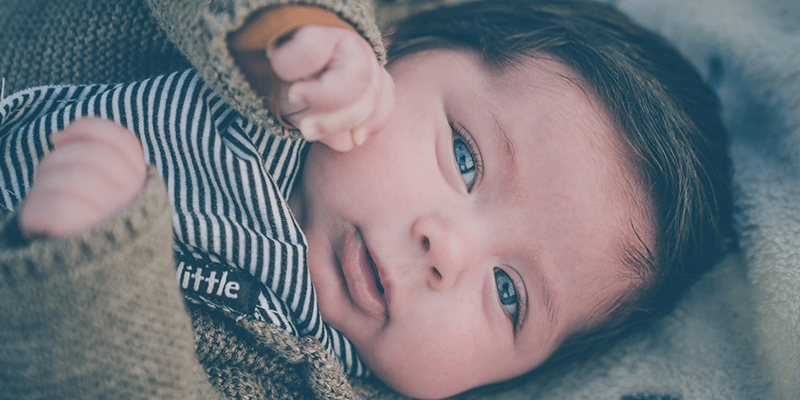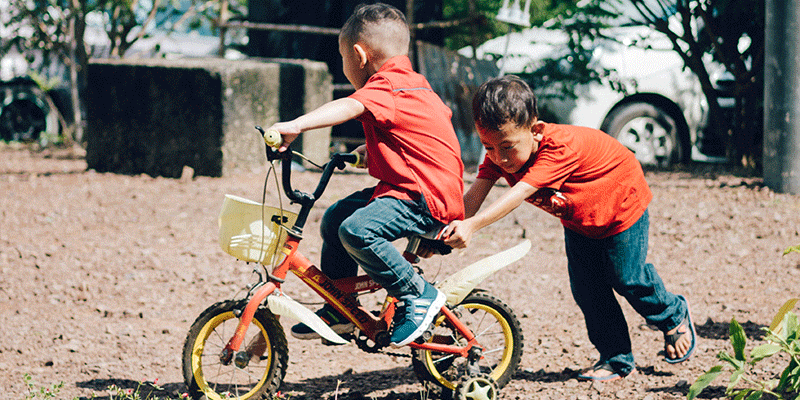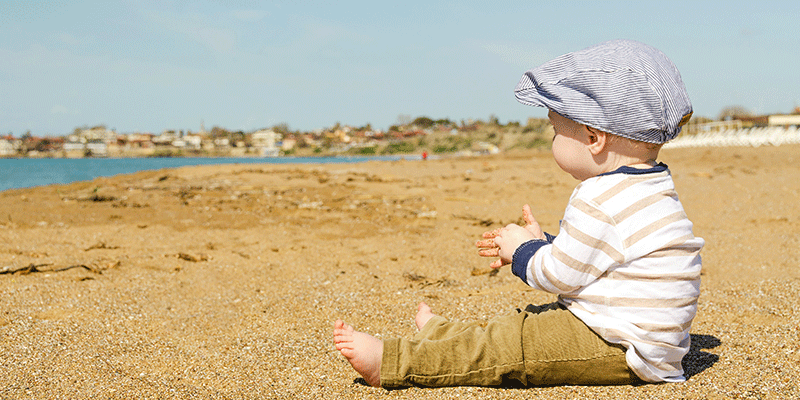
By the end of her first year, your baby’s growth rate will begin to slow. From now until her next growth spurt (which occurs during early adolescence), her height and weight should increase steadily, but not as rapidly as during those first months of life. As an infant, she may have gained 4 pounds (1.8 kg) in four months or less, but during the entire second year, 3 to 5 pounds (1.4–2.3 kg) probably will be her total weight gain. Continue to plot her measurements every few months on growth charts to make sure she’s generally following the normal growth curve. As you’ll see, there’s now a much broader range of what’s “normal” than there was at earlier ages.
At fifteen months, the average girl weighs about 23 pounds (10.5 kg) and is almost 30.5 inches (77 cm) tall; the average boy weighs about 24.5 pounds (11 kg) and is 31 inches (78 cm) tall. Over the next three months, they’ll each gain approximately 1 1⁄2 pounds (0.7 kg) and grow about an inch (2.5 cm). By two, she’ll be about 34 inches (about 86 cm) tall and weigh 27 pounds (12.2 kg); he’ll reach 34 1⁄2 inches (87.5 cm) and almost 28 pounds (12.6 kg).
Your baby’s head growth also will slow dramatically during the second year. Although she’ll probably gain only about 1 inch (2.5 cm) in head circumference this entire year, by age two she’ll have attained about 90 percent of her adult head size.
Your toddler’s looks, however, probably will change more than her size. At twelve months, she still looked like a baby, even though she may have been walking and saying a few words. Her head and abdomen were still the largest parts of her body, her belly stuck out when she was upright, and her buttocks, by comparison, seemed small—at least when her diaper was off. Her arms and legs were still relatively short and soft, rather than muscular, and her face had softly rounded contours.
All this will change as she becomes more active, developing her muscles and trimming away some of her baby fat. Her arms and legs will lengthen gradually, and her feet will start to point forward as she walks, instead of out to the sides. Her face will become more angular and her jawline better defined. By her second birthday, it will be hard to remember how she looked as an infant.
Last Updated 8/1/2009
Source Caring for Your Baby and Young Child: Birth to Age 5 (Copyright © 2009 American Academy of Pediatrics)
The information contained on this Web site should not be used as a substitute for the medical care and advice of your pediatrician. There may be variations in treatment that your pediatrician may recommend based on individual facts and circumstances.






